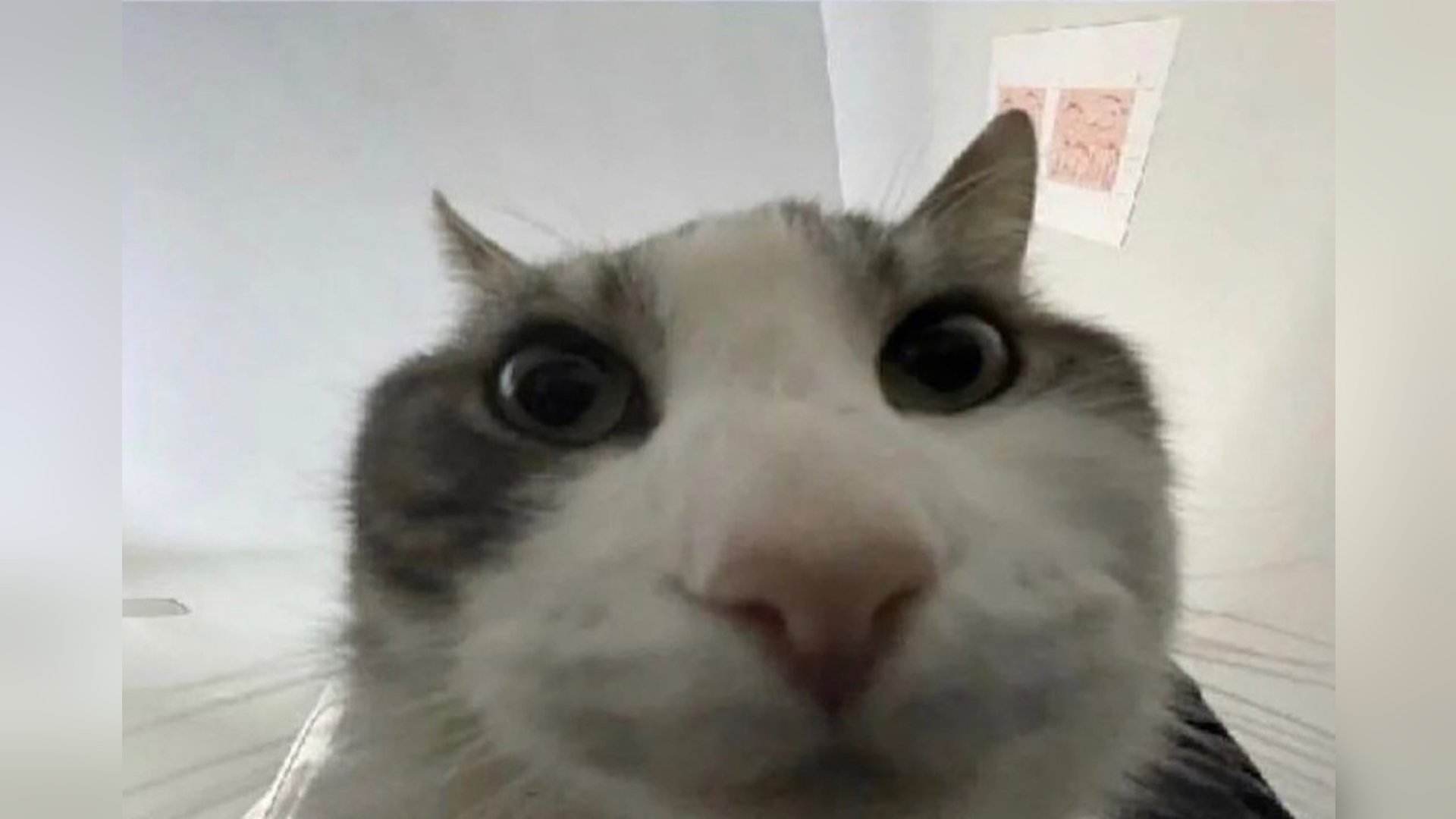Lets take a little break from politics and have us a real atheist conversation.
Personally, I’m open to the idea of the existence of supernatural phenomena, and I believe mainstream religions are actually complicated incomplete stories full of misinterpretations, misunderstandings, and half-truths.
Basically, I think that these stories are not as simple and straightforward as they seem to be to religious people. I feel like there is a lot more to them. Concluding that all these stories are just made up or came out of nowhere is kind of hard for me.


Anyone who is fence sitting or undecided about naturalism or empiricism and is dabbling with ‘the supernatural’ is just longing for a meaning or purpose. You don’t get to claim to be free of the shackles of religion but still asks questions about the supernatural - can they really claim to be free? When I left my religion it took me a really long time to deprogram. It doesn’t happen over night but it takes years. You can’t be half pregnant: you either are or you aren’t. You don’t want to call it God because it’s embarrassing, but what’s the difference really? At that point it’s just a semantic distinction.
What you’re saying is very strange. You’re saying that I cannot sit on the fence. Apparently, I must pick a side. Because I’m an atheist, I cannot talk about supernatural phenomena? I can’t dabble in occult and esoteric studies? What the hell. This is an extremely closed-minded way of thinking. It’s why some of you make atheism your entire personality. Some of you think that because you picked this side only, you have the moral high ground than those who are open to concepts of the other side too, as much as this side. Only focused on putting down the other side no matter what. You are also attempting to gaslight me into thinking that I am not free from the shackles of religion, just because I like to keep an open mind to supernatural phenomena. That I’m still seeking some kind of god, or religion. As if you know me personally. I research the occult and esotericism in my free time because I find it interesting, and I am open to ideas of our universe also being governed by supernatural forces, as much as natural forces. Simple as that.
What is your proof that God doesn’t exist?
I don’t think he doesn’t exist. I simply don’t know. Anyways, the question of whether he exists or not isn’t even what keeps me up at night. It’s which god is which, and where did they come from. Yahweh, Allah… etc. Yahweh’s origins seem to be unknown. Are they the same deities? Who was Jesus, and why was his depiction so different compared to Yahweh, the OT god. Yahweh was depicted as a god of war, while Jesus preached love and forgiveness. Aren’t they supposed to be one? Gnostic texts say otherwise. Why was the church so fixated on censoring and persecuting Gnositcs in the 2nd century? And what about their alleged connections to the Knights Templar? Although, this is speculation. There’s just so many questions. You’ll find out just how complicated this stuff is once you dive into it. It’s why I said that it’s not as simple and straightforward as it’s made to look.
Yes, history and theology are indeed quite fascinating.
How would we go about differentiating fact from imagination?
It’s very hard considering that the knowledge is decentralized unlike mainstream religion. What I’ve been advised to do, is consider the origins and context of what you’re looking at first, compare it with other documents, analyze your observations, use critical thinking, talk to people who are researching the same things, and overall, just keep an open mind. That doesn’t mean that you accept everything. It means that you should just consider the possibility.
It’s not hard and it doesn’t have anything to do with being decentralized. In science we have a very robust mechanism for separating imagination from reality. I’d be happy to explain what it is to you if you’d like. It’s the reason we have satellites and are able to have this conversation. :)
Your method on the other hand does not convince me. You said “analyze your observations, use critical thinking, talk to people who are researching the same things” etc. Let’s say two persons meet to determine the truth about a matter. They each use:
but they come to opposite conclusions on a topic. So qualifiers alone are clearly not enough. It’s missing a fundamental piece that’s essential to differentiating if a hypothesis is true or false. Do you know what I’m referring to?
Yes, I know. It’s also really hard because we’re mostly dealing with just really old texts, and word of mouth. Take for example the emerald tablets of Hermes Trismegistus. A popular alchemical text from thousands of years ago. They have been translated into a wide range of languages from Ancient Greek, to Arabic. The original tablets are lost. With every translation, it got misinterpreted, and misunderstood. In some cultures, some things in the tablet were not accepted, so they got omitted. For example, the transmutation of metals into gold or silver. Adding on how most alchemists like to use coded language when writing instructions, your left with a mess of translations that say different things from each other, with no way of telling which is the most correct translation.
You’re not tracking the conversation. I understand historiography is hard. That’s not what we’re discussing. I’m not talking about historical research.
I’m talking about a way to differentiate between imagination and reality. We have a robust methodology in science to accomplish this. It’s very clear and works. Can you guess what I’m talking about?